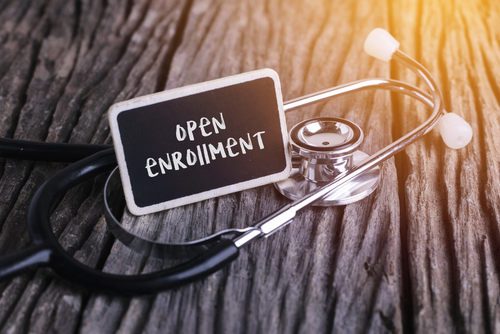A pivotal Phase 3 trial evaluating Denovo Biopharma‘s investigational therapy DB102 (enzastaurin) as an add-on to standard chemotherapy for high-risk diffuse large B-cell lymphoma (DLBCL) has started dosing patients.
The ENGINE study (NCT03263026) will test the therapy in high-risk DLBCL patients who have not received prior treatment. Its primary goal is to determine if adding DB102 to R-CHOP chemotherapy extends the lives of patients who are positive for the biomarker DGM1, which seems to predict responses to the treatment.
A secondary objective is to measure survival in patients who do not have the DGM1 biomarker.
A total of 235 patients will be enrolled across 39 clinical sites in the U.S. and China.
“The initiation of this innovative biomarker driven trial marks a significant milestone for Denovo Biopharma,” Ronald Shazer, MD, chief medical officer of Denovo, said in a press release. “Although treatment with R-CHOP is curative in the majority of patients with low-risk DLBCL, the same cannot be said for high-risk DLBCL, and alternative treatments are urgently needed for these patients.”
DB102 is a small molecule inhibitor of two signaling pathways that are key for the survival, proliferation, and differentiation of several cancer types, including DLBCL.
While the therapy seemed an attractive option for DLBCL patients, results from Eli Lilly’s PRELUDE Phase 3 trial (NCT00332202) failed to demonstrate its effectiveness among high-risk patients with a complete response to first-line R-CHOP.
However, Denovo, which acquired the global rights of enzastaurin from Lilly, found that patients producing the DGM1 factor lived longer after receiving DB102 than those who were negative for the biomarker. This provided the basis for the design of the ENGINE trial, which assesses patient’s responses based on DGM1 levels.
During the trial, patients will be randomly assigned either DB102 (500 mg daily) plus standard of care R-CHOP chemotherapy (up to six 21-day cycles), or chemotherapy alone. Patients in the DB102 arm who respond to the treatment will be able to continue receiving the treatment as maintenance therapy for up to two years.
In addition to the survival rates in DGM1-positive and DGM1-negative patients, researchers will also assess the therapy candidate’s safety and will determine if changes in urine color can be used as a predictor of efficacy.
DB102 was granted orphan drug designation from the U.S Food and Drug Administration and the European Medicines Agency for the treatment of DLBCL and glioblastoma multiforme (GBM).


